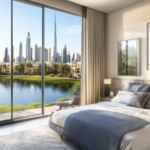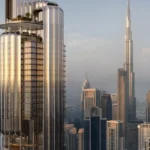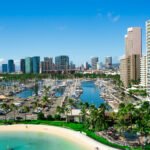Now Reading: Dubai’s Millionaire Boom: Now 4th Richest City in EMEA
-
01
Dubai’s Millionaire Boom: Now 4th Richest City in EMEA
Dubai’s Millionaire Boom: Now 4th Richest City in EMEA
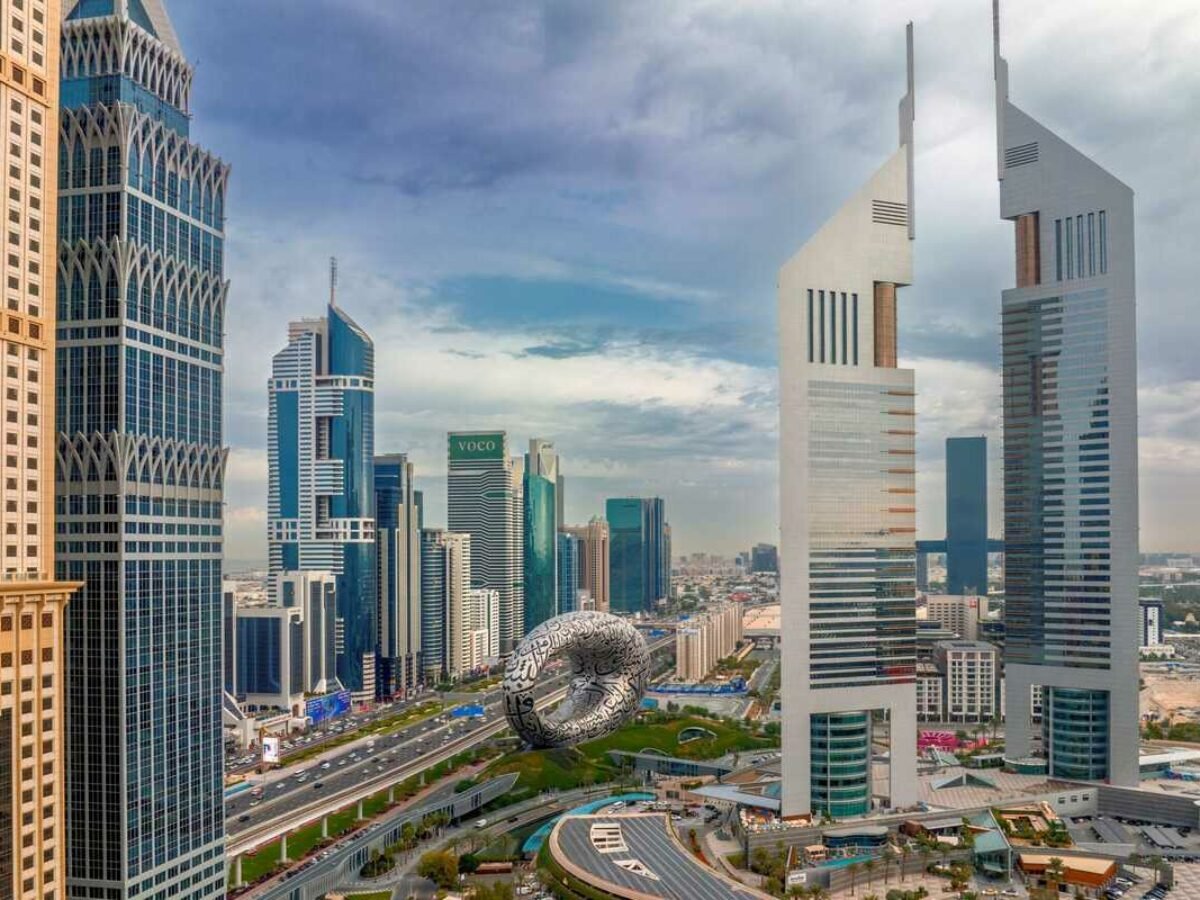
Table of Contents
Dubai Ranks 4th for Millionaires in EMEA Region
Imagine a city where skyscrapers pierce the sky, luxury cars glide through gleaming streets, and over 86,000 people hold at least one million dollars in liquid assets. Dubai, once an oil-rich Gulf emirate, is now a magnet for wealth and ambition. According to recent reports, the city has climbed into the top echelons of global wealth hubs—ranking as the fourth richest city in the Europe, Middle East and Africa (EMEA) region by number of millionaires.
In this article, we’ll explore how Dubai achieved this spectacular rise, what drives its appeal to ultra-wealthy individuals, and what challenges and opportunities lie ahead. Whether you’re an investor, entrepreneur, or simply curious, this offers insight into one of the world’s fastest evolving wealth landscapes.
Dubai’s Wealth Landscape: Snapshot & Growth
At the end of June 2025, Dubai was home to just over 86,000 millionaires, along with 251 centimillionaires (people with over US$100 million in investable wealth) and 23 billionaires.
This concentration of wealth places Dubai behind only London, Paris, and Milan in the EMEA rankings. Over the past decade, Dubai’s total liquid investable wealth has surged by more than 110%, making it one of the fastest-growing wealth centres globally.
Projections suggest that if current trends continue, Dubai could overtake its EMEA peers and become the wealthiest city in the region by around 2040.
What Propelled Dubai into the Top Four?
Dubai’s ascent was not accidental. Several interlinked factors contributed to this meteoric rise.
Safe Haven & Political Stability
In a region often viewed as volatile, Dubai has cultivated a reputation for security, legal predictability, and a tolerant social fabric. Wealthy individuals seeking political and economic stability see Dubai as a safe harbor for their capital and family.
Tax-Friendly Regime
One of the biggest draws: no personal income tax, no capital gains tax, and incentives geared toward business formation. This favorable tax regime significantly enhances after-tax returns for high net worth individuals (HNWIs).
Strategic Geographic Position & Connectivity
Dubai sits at the crossroads of Europe, Africa, and Asia. Its unmatched connectivity—via a global airport network and modern infrastructure—makes it a perfect hub for international business and travel.
Diversified Economy
Unlike resource-dependent economies, Dubai stretches across sectors: finance, real estate, tourism, logistics, technology, healthcare, retail, media, and more. This diversity lessens systemic risk and generates multiple growth engines.
Real Estate & Asset Appreciation
The property market has been a key wealth driver. Prime real estate in areas like Palm Jumeirah, Emirates Hills, and Downtown command sky-high prices. Many wealthy residents anchor their portfolio in real assets, leveraging Dubai’s luxury and prestige real estate markets.
Quality of Life & Services
Dubai offers world-class healthcare, international schools, high-end amenities, leisure and entertainment, and a cosmopolitan lifestyle. These factors persuade ultra-wealthy individuals to relocate with their families.
Influx of High Net Worth Migrants
Over the last decade, more than 35,000 HNWIs have moved to Dubai. Many bring substantial capital, business networks, and global connections. The UAE has also become the fastest growing hub for family offices, with over 250 established by mid-2025. These offices manage wealth, investments, legacies, and philanthropic efforts for the ultra-rich.
How Dubai Compares With the Big Cities
| City | Millionaires | Rank in EMEA |
|---|---|---|
| London | ~212,000 | 1st |
| Paris | ~163,000 | 2nd |
| Milan | ~121,000 | 3rd |
| Dubai | ~86,000 | 4th |
While Dubai trails behind legacy financial centers in raw numbers, its growth rate stands out. Traditional hubs are facing slower growth, regulatory burdens, and higher costs. Dubai’s upward momentum, flexibility, and modern infrastructure allow it to outperform many older cities in wealth accumulation speed.
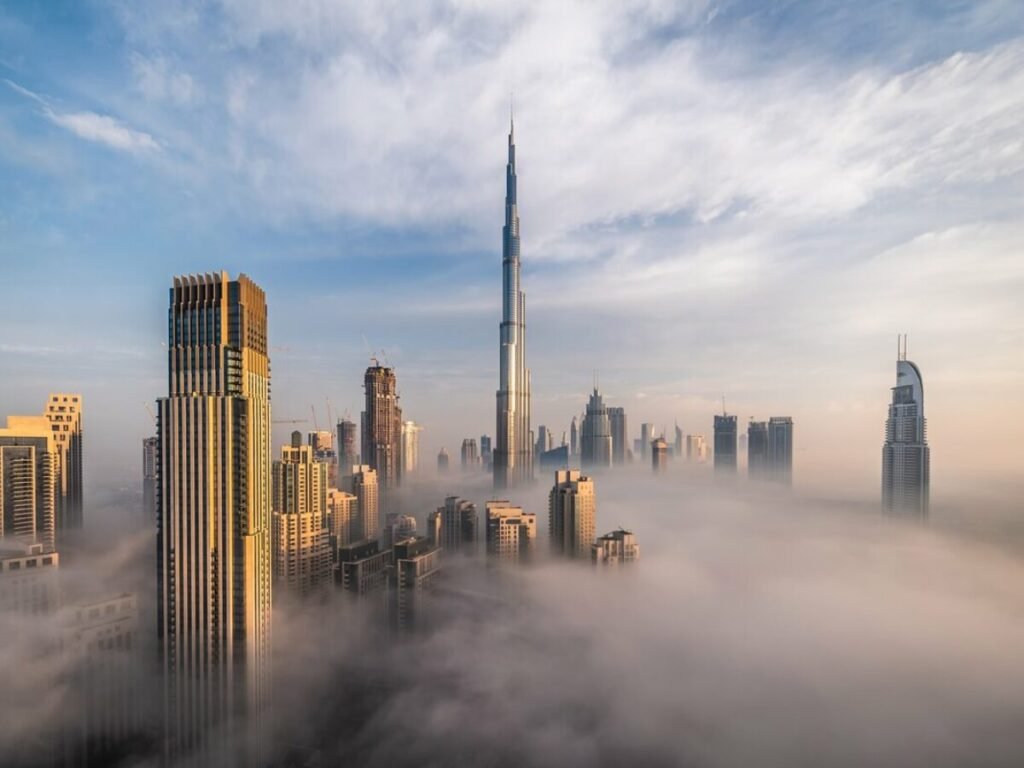
Opportunities Emerging from Dubai’s Wealth Surge
Real Estate & Development Investment
With rising demand for luxury properties, mixed-use towers, and sustainable living, there’s scope for high returns in premium developments, urban regeneration, and green real estate.
Family Office & Wealth Services
As more ultra-wealthy individuals settle here, demand for bespoke financial, trust, legal, and philanthropic services is booming. Entrepreneurs and firms can build wealth management ecosystems around them.
Tech & Innovation Ecosystems
Dubai has already attracted 6,700 tech millionaires and 5 tech billionaires. As fintech, blockchain, AI, and clean energy scale, prospects for high-growth ventures grow stronger. The tax incentives and global reach make it attractive for startups and investors.
Luxury Goods, Fashion & Hospitality
Luxury consumption will rise with wealth. High-end retail, boutique hotels, luxury wellness, and experiential hospitality are ripe segments.
Global Business & Investment Gateway
Dubai acts as a bridge between established Western markets and emerging economies in Africa, South Asia, and the Middle East. Many HNWIs use it as a base for managing cross-border ventures.
Challenges & Caution Ahead
While the narrative is largely positive, no growth story is without risks:
- Wealth concentration & inequality: As rich segments pull ahead, the wealth gap may widen, sparking social, political, or public perception issues.
- Global economic volatility: Downturns, wars, geopolitical tensions, or banking crises in Europe or the U.S. could ripple into investor sentiment and capital flows.
- Regulatory & compliance pressures: International bodies may pressure for stricter transparency, tax information exchange, and crackdown on tax havens.
- Asset bubbles: Overheating in real estate or debt-fuelled expansion could lead to corrections.
- Sustainability & environment: Dubai’s climate, resource constraints (water, energy), and carbon footprint may become more pressing—especially as global investors emphasize ESG (environmental, social, governance) criteria.
What This Means for You (Investor, Professional, or Curious Reader)
If you’re considering entering or observing this world, here’s what to keep in mind:
- For investors: Dubai is no longer just a safe parking spot. It offers high-growth opportunities in tech, real estate, healthcare, and more. But diversification and risk management remain key.
- For professionals & talent: Demand for elite financial, legal, tech, and managerial talent is rising. Dubai is not just recruiting capital, but also people.
- For homeowners & migrant families: The lifestyle, schooling, infrastructure, and security are compelling. But plan for long-term sustainability, taxation in your home country, and currency risk.
- For observers & enthusiasts: Dubai’s journey is a case study in how deliberate policy, infrastructure investment, branding, and openness can convert a city into a global wealth hub within decades.
Conclusion
Dubai’s leap into the top four cities in EMEA by millionaire count is more than symbolic—it demonstrates how cities of today can be engineered for wealth, innovation, and global magnetism. The emirate offers a template: bold vision, smart regulation, connectivity, quality of life, and a welcoming posture to capital and talent.
Yet the next chapter will be the test. Will Dubai manage the social, environmental, and economic balances needed to sustain its rise? Will it succeed in converting wealth into broader shared prosperity? For now, the city stands as one of the world’s most fascinating experiments in 21st-century wealth and urban ambition.
Whenever you’re ready, I can help you dive deeper—say, into Dubai’s property market, wealth services, or comparisons with Singapore, New York, or Hong Kong.
Do Follow Estate Magazine on Instagram
Binghatti’s $500 Million Green Sukuk Oversubscribed: A Sustainable Finance Triumph




